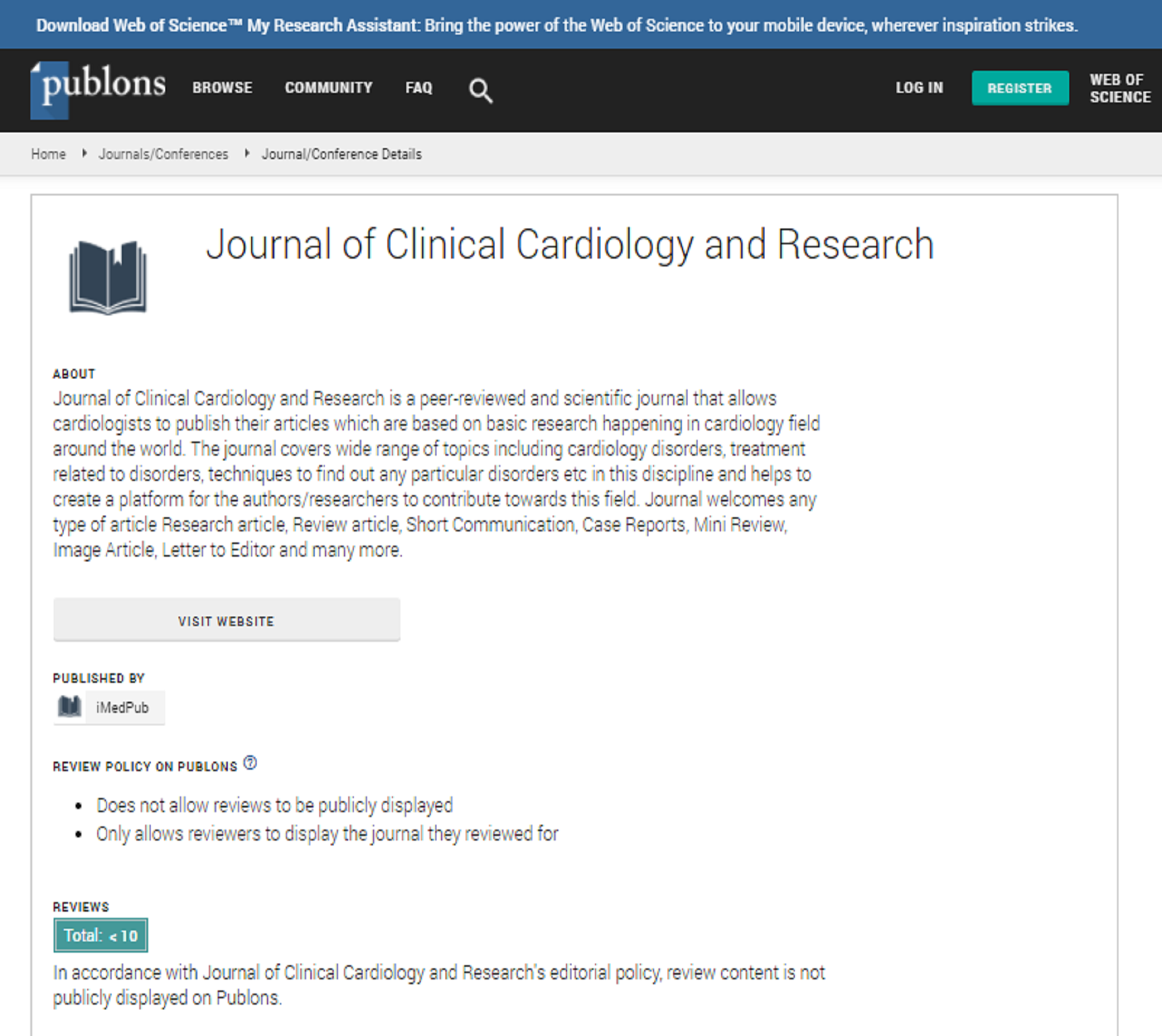Abstract
Improving Echocardiogram reporting speed to expedite clinical decision making on cardiac wards: A student-led quality improvement project
Background. Echocardiography is a key diagnostic investigation used for many cardiac conditions. Significant delays in the availability of echocardiogram findings and a backlog of echocardiograms requests, were identified as having an impact on clinical decision making in a focused questionnaire delivered to doctors and echocardiographers on a cardiac ward in a district general hospital in London, UK. Aim: This quality improvement project aimed to expedite delivery of key echocardiogram information to doctors by applying two strategies; 1) introduce a provisional report, and 2) reduce the number of referral requests by implementing a new echocardiogram triage system. Methods: Baseline data were gathered during a 9-week period aimed at understanding and calculating the median time needed to order, perform and report an echocardiogram, as well as monitoring the total number of echocardiogram requests made. The first intervention (strategy 1), lasting 6 weeks, involved a provisional report (PR) containing key clinical information such as left ventricular function and, if present, any valvular, wall motion or any other relevant abnormalities. This was then given by echocardiographers to doctors soon after an echocardiogram was completed. The number of requests, rate of PR uptake and the time from echocardiogram completion to PR availability were monitored during this period. A second intervention (strategy 2), aimed at reducing unnecessary requests, was implemented 4 weeks after the conclusion of the first intervention and it involved a consultant cardiologist triaging the echocardiogram requests daily, for a 6-week period. The number of requests, procedures and the time from referral to full report availability were again monitored. Semi-structured questionnaires were proposed to doctors (FY2 to consultant level) in cardiac wards at the beginning and end of both cycles to explore participants’ subjective opinion. We enhanced staff motivation and adherence through visual aids on wards and stakeholder involvement through regular weekly meetings and constant feedback. Results: The provisional report (PR) reduced the median time for key information to be available to clinicians from 227 to 48.5 minutes, without negatively affecting the time needed to obtain a full report. However, uptake of the PR varied widely across the intervention window being at best, 40% of the total number of echocardiograms performed. Triaging resulted in a decrease in the median number of referrals per week, from 47 to 27.5, and a reduction from 2.73 days to 1.87 days in the median time from referral to full report availability. The results were stable across the observation window. 62% of interviewed doctors reported they noticed improvements in speed of echocardiogram information delivery after strategy 1 which increased to 71% after the application of strategy 2. 87% of participants felt strategy 1 and 71% felt strategy 2 improved patient outcomes and timely discharge.Discussion & Conclusion. Substantial improvements in reporting times for a key diagnostic procedure can be achieved as shown by the application of strategy 1, while strategy 2 demonstrated how eliminating inappropriate referrals can streamline the process of obtaining investigation results. Furthermore, qualitatively, staff acknowledged significant improvements in the availability of echocardiogram results leading to better support in clinical decision making and patients’ outcomes
Author(s): Michela Martinuzzi
Abstract | PDF
Share This Article
Google Scholar citation report
Journal of Clinical Cardiology and Research peer review process verified at publons
Abstracted/Indexed in
- Google Scholar
- Publons
Open Access Journals
- Aquaculture & Veterinary Science
- Chemistry & Chemical Sciences
- Clinical Sciences
- Engineering
- General Science
- Genetics & Molecular Biology
- Health Care & Nursing
- Immunology & Microbiology
- Materials Science
- Mathematics & Physics
- Medical Sciences
- Neurology & Psychiatry
- Oncology & Cancer Science
- Pharmaceutical Sciences

